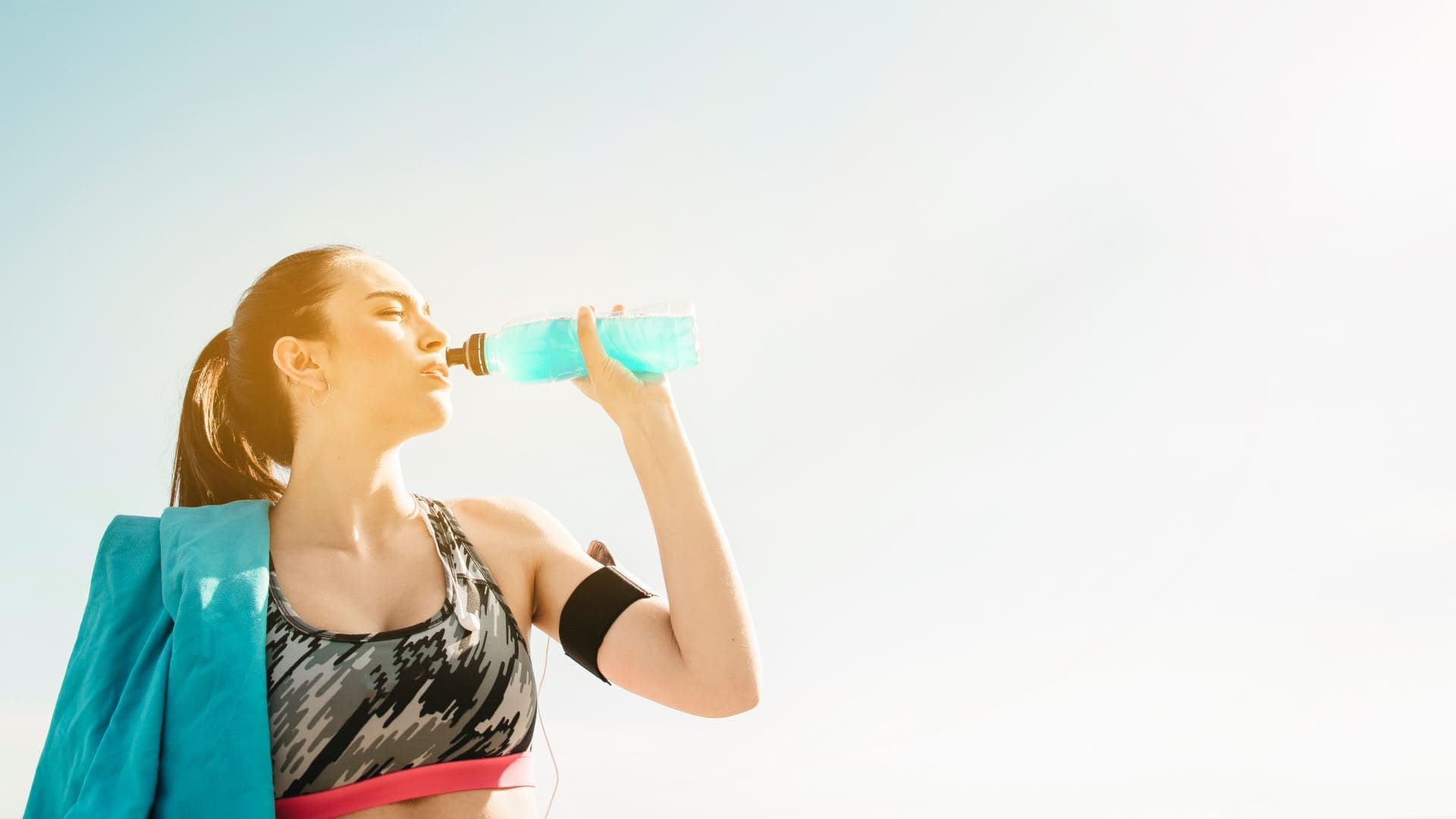Beating the Heat: Dehydration in the Scorching Summer Heat
Updated at: 18/12/2024
3 min
Content
It is well known that exposure to high temperatures causes dehydration through heat production and sweating. In hot weather, the body has to work extra hard to cool itself , making it vulnerable to dehydration, heat stroke, or heat exhaustion. Increased humidity further reduces the body's ability to sweat, exacerbating the problem.
Some groups are more susceptible to the effects of high temperatures, such as children, older adults, and people with specific medical conditions and on certain medications. Preventive measures include:
Staying hydrated
Avoiding peak sun exposure
Wearing appropriate clothing
Taking breaks to cool down during physical activity
Increasing tolerance to heat
These dynamics and proactive measures can reduce the risk of dehydration and the likelihood of experiencing more serious heat-related conditions.
Dehydration symptoms such as migraines, poor salivation, and decreased urination can be caused by dehydration. This article focuses on the dangers of dehydration and the benefits of getting the right amount of water.
The Source of Life: Benefits of Water
It is not a secret that the human body needs water to maintain about 90% of its blood composition. This includes transporting oxygen and nutrients to the cells, digestion, preventing certain stomach problems, and controlling blood pressure. It has been that drinking water is essential for healthy activities such as detoxification, bone/joint care, dental health, and skincare.
What is Dehydration?
Dehydration means not drinking enough fluids. Dehydration is a medical condition that occurs when the body loses more fluid than it takes in and can lead to serious medical problems. It affects people of all ages due to inadequate hydration or excessive fluid loss from heating, exercise or illness. The most critical sign of dehydration is feeling thirsty because the body needs more water.
What are the Signs of Dehydration?
Dehydration symptoms include fatigue, darker urine, headache, dizziness, increased heart rate, and lightheadedness. These signs are similar to other health problems, so people who are dehydrated should seek medical help if they experience them. Dehydration can affect the body and brain, including sleep and thinking.
How to Prevent Dehydration?
Dehydration is a serious health problem that can be prevented by drinking the right amount of fluids every day. An average woman should drink at least 2,7 liters and an average man should drink 3,7 liters of water a day, and even more under conditions of high temperature and physical exertion and illness. Water consumption is significant for certain groups of people—children and adults with chronic illnesses and older adults.
To Access Quality Water Anytime: Water Treatment Devices
Water purification technologies make clean and safe drinking water available to many more people. Water Filters are designed to remove most contaminants, such as heavy metals, chemicals, and microorganisms that may pose a danger to humans if ingested. This is crucial for protecting public health. These technologies also follow sustainable and eco-friendly practices that promote the conservation and preservation of raw materials and natural ecosystems.

